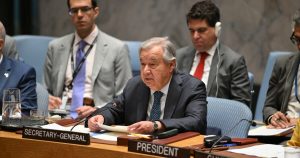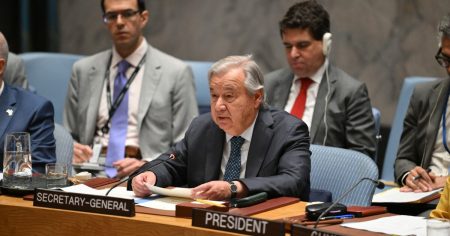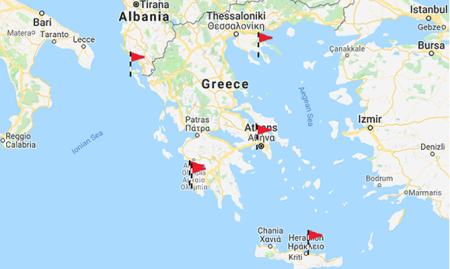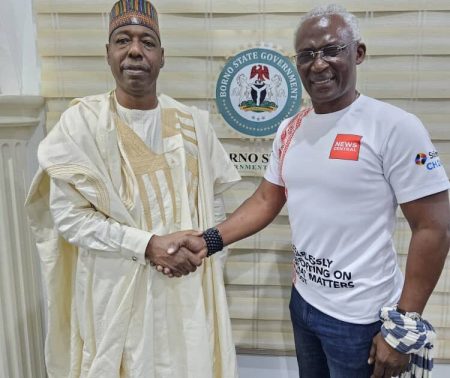Brigadier General Emmanuel W. Ntem, Commissioner General of the Ghana Boundary Commission, spearheaded a high-level delegation’s visit to the Volta Region to assess and bolster Ghana’s border management systems. The delegation’s primary focus was on evaluating the infrastructure, security presence, and challenges posed by unapproved routes and informal crossings at key border points, including the Aflao Barrier. This visit underscored the critical importance of border security in maintaining national stability and economic integrity. The delegation’s assessment is part of a broader initiative to strengthen Ghana’s border control mechanisms and address vulnerabilities that could potentially compromise national security.
The visit provided a crucial platform for discussions surrounding regional development, infrastructure improvement, and national security priorities intertwined with border governance. By engaging with local authorities and stakeholders, the delegation sought to gain a deeper understanding of the specific challenges faced in the Volta Region and tailor solutions to address them effectively. These discussions highlight the government’s commitment to a collaborative approach, recognizing that effective border management requires cooperation between various agencies and levels of government.
Concerns were raised by Volta Regional Minister, Mr. James Gunu, regarding the increasing use of unauthorized border routes, which pose significant security and economic risks to the region and the nation. The influx of undocumented individuals and goods through these unapproved crossings undermines customs revenue collection, facilitates illicit activities, and poses a potential threat to national security. Mr. Gunu’s emphasis on the need for enhanced inter-agency collaboration underscores the complexity of the issue and the necessity of a coordinated response involving various security agencies, including the police, immigration, and customs.
Addressing these concerns, Brigadier General Ntem reaffirmed the Boundary Commission’s dedication to supporting regional and national stakeholders in safeguarding Ghana’s territorial boundaries. He emphasized the importance of coordinated strategies and capacity building among security agencies to effectively mitigate cross-border threats. This commitment involves not only enhancing physical infrastructure and security presence at official border crossings but also implementing strategies to address the root causes that drive individuals to utilize unauthorized routes. This may include community engagement, economic development initiatives, and improved access to essential services in border regions, making formal crossing points more appealing and accessible.
The delegation’s visit and the subsequent discussions highlight the interconnectedness of border security with broader national development goals. Secure borders are crucial not only for preventing illicit activities but also for facilitating legitimate trade, promoting economic growth, and ensuring the safety and well-being of citizens living in border communities. The focus on capacity building within security agencies reflects the understanding that effective border management requires well-trained and equipped personnel capable of responding to the evolving challenges of cross-border crime and irregular migration.
The visit to the Volta Region represents a proactive step towards strengthening Ghana’s border management systems. By engaging with local authorities, assessing vulnerabilities, and reaffirming its commitment to inter-agency collaboration, the Boundary Commission under the leadership of Brigadier General Ntem is laying the groundwork for a more comprehensive and robust approach to border security. This approach not only addresses immediate concerns but also contributes to the long-term stability and prosperity of the nation. The emphasis on coordinated strategies and capacity building is crucial for ensuring that Ghana’s borders are effectively managed, safeguarding the nation from various threats while facilitating legitimate cross-border activities that contribute to economic growth and regional development.














